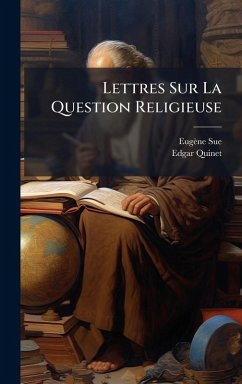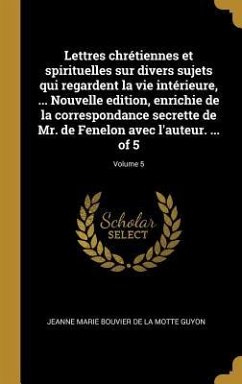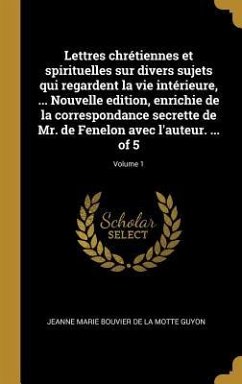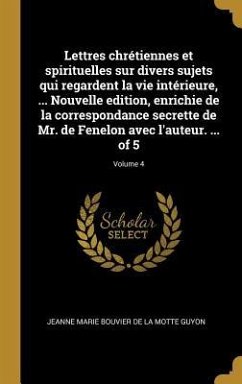Lettres Sur La Question Religieuse presents a compelling dialogue on religion and its place in 19th-century European society. Preceded by 'Considérations Sur La Situation Religieuse Et Morale De L'europe...', this collection of letters explores the complex interplay between religious belief, scientific progress, and societal values. Eugène Sue and Edgar Quinet offer thought-provoking insights into the moral and spiritual landscape of their time, making this work a valuable resource for understanding the intellectual currents that shaped modern Europe. Sue and Quinet's exchange provides a fascinating window into the debates surrounding faith, reason, and the evolving role of religion in public life. Scholars and readers interested in religious history, European intellectual history, and the dynamics of 19th-century thought will find 'Lettres Sur La Question Religieuse' to be an enlightening and historically significant contribution. This work has been selected by scholars as being culturally important, and is part of the knowledge base of civilization as we know it. This work was reproduced from the original artifact, and remains as true to the original work as possible. Therefore, you will see the original copyright references, library stamps (as most of these works have been housed in our most important libraries around the world), and other notations in the work. This work is in the public domain in the United States of America, and possibly other nations. Within the United States, you may freely copy and distribute this work, as no entity (individual or corporate) has a copyright on the body of the work. As a reproduction of a historical artifact, this work may contain missing or blurred pages, poor pictures, errant marks, etc. Scholars believe, and we concur, that this work is important enough to be preserved, reproduced, and made generally available to the public. We appreciate your support of the preservation process, and thank you for being an important part of keeping this knowledge alive and relevant.
Bitte wählen Sie Ihr Anliegen aus.
Rechnungen
Retourenschein anfordern
Bestellstatus
Storno








